Melatonin supplement for sleep
– probably the most popular natural sleep aid, but justified?
How does melatonin benefit our sleep? And how big is the effect it has? We’ve gone through the research and looked at quite a few studies to give you a holistic perspective. You’re welcome.
So, let’s dive in and find out what the melatonin supplement for sleep does for you and if you should run to the pharmacy and get yours asap.
In this Article we will cover:
1. What Is Melatonin?
Melatonin 101
It is a hormone your body naturally produces in the brain and it plays a huge role in controlling your sleep-wake cycle.
When the sun goes down and darkness sets in, your body produces more melatonin, signaling that it’s time to wind down for the night. As morning light appears, melatonin levels drop, telling your body to wake up and get moving.

Melatonin 101
It is a hormone your body naturally produces in the brain and it plays a huge role in controlling your sleep-wake cycle.
When the sun goes down and darkness sets in, your body produces more melatonin, signaling that it’s time to wind down for the night. As morning light appears, melatonin levels drop, telling your body to wake up and get moving.
How Melatonin Works
Think of melatonin as your body’s internal “sleep clock.” It helps regulate when you feel sleepy and when you feel alert.
But unlike a traditional clock, melatonin is influenced by your environment—mainly how much light you’re exposed to.
Melatonin as a Supplement
Melatonin supplements are lab-created versions of the natural hormone your body produces. These supplements come in various forms, such as pills, chewables, liquids, and even gummies, making them accessible and easy to use. They mimic the natural hormone in your body, helping to signal your brain that it’s time to rest.

Melatonin as a Supplement
Melatonin supplements are lab-created versions of the natural hormone your body produces. These supplements come in various forms, such as pills, chewables, liquids, and even gummies, making them accessible and easy to use. They mimic the natural hormone in your body, helping to signal your brain that it’s time to rest.
2. Effectiveness of Melatonin
Research found that melatonin can be effective for reducing the time needed to fall asleep. It can also improve sleep duration and quality. But the size of the effect can vary depending on the individual.
It is to mention that melatonin showed to be less effective than prescription-based sleep drugs. But it therefore has very little side effects.
Falling asleep
A review of multiple studies showed that on average, people who took melatonin supplements instead of a placebo supplement fell asleep 7 minutes faster.
While this was the average, some of the reviewed studies reported individuals falling asleep up to 50 minutes faster. This can be explained by the fact that some studies were conducted on individuals with healthy sleep patterns and others on individuals with severe insomnia (sleep disorder).
One study showed that a dose of 0.05mg/ kg bodyweight significantly improved sleep onset in children (6-12 years old) with sleep onset insomnia. [READ STUDY HERE]
Another study showed similar results for adults over 50 years old suffering from insomnia.
In both studies the average improvement of sleep onset was around 45 minutes.
Sleep duration
The same review of multiple studies found an increase of total sleep time by 8 minutes on average when taking melatonin compared to a placebo.
Even though the number is similar to the result we saw for sleep onset, melatonin is generally not considered to be the best supplement to improve total sleep time. Like these studies showed there is a slight increase in total sleep time, but it appears to play a smaller role in extending sleep duration than it does in helping to fall asleep.

Sleep duration
The same review of multiple studies found an increase of total sleep time by 8 minutes on average when taking melatonin compared to a placebo.
Even though the number is similar to the result we saw for sleep onset, melatonin is generally not considered to be the best supplement to improve total sleep time. Like these studies showed there is a slight increase in total sleep time, but it appears to play a smaller role in extending sleep duration than it does in helping to fall asleep.
3. Dosage, Timing, and Duration
Melatonin dosage
The best melatonin dosage can vary from one person to the next. It is recommended to start low, around 0.5 to 1 mg, and see how your body responds. Some find that going up to 3 mg or even 5 mg helps, but it’s wise not to jump too high too fast. Some studies showed that already very little doses of 1mg can give the desired effect. However, there is no clear scientific evidence to show the perfect amount of melatonin. But it is generally not recommended to take more than 10mg per day.

Melatonin dosage
The best melatonin dosage can vary from one person to the next. It is recommended to start low, around 0.5 to 1 mg, and see how your body responds. Some find that going up to 3 mg or even 5 mg helps, but it’s wise not to jump too high too fast. Some studies showed that already very little doses of 1mg can give the desired effect. However, there is no clear scientific evidence to show the perfect amount of melatonin. But it is generally not recommended to take more than 10mg per day.
When to take melatonin
Timing is key. Most experts recommend taking a melatonin supplement for sleep about 1 hour before your desired bedtime. Since it’s meant to help your body sync with darkness, turning off bright screens and dimming the lights can enhance melatonin’s effects.
How long to use it
Melatonin is considered safe for short-term use. But what about the longer stretch? Research suggests that using melatonin over several weeks can remain safe.
One study showed that after daily use for over 36 days the body could still produce melatonin in the natural way.
And according to another study, long-term, low-dose use appears safe. [READ STUDY HERE] But they also mention that more research on long-term effects is needed.
It’s wise to check with a healthcare professional if you plan to use a melatonin supplement for sleep for more than a month or if you have ongoing sleep challenges.

How long to use it
Melatonin is considered safe for short-term use. But what about the longer stretch? Research suggests that using melatonin over several weeks can remain safe.
One study showed that after daily use for over 36 days the body could still produce melatonin in the natural way.
And according to another study, long-term, low-dose use appears safe. [READ STUDY HERE] But they also mention that more research on long-term effects is needed.
It’s wise to check with a healthcare professional if you plan to use a melatonin supplement for sleep for more than a month or if you have ongoing sleep challenges.
4. Risk Factors of Melatonin
Melatonin supplement side effects are usually very mild if there even are any.
Potential Side Effects
Some people report:
- Daytime Drowsiness:
If you take too high a dose or at the wrong time, you might feel groggy the next day. - Headaches:
For some, melatonin can trigger a mild headache or dizziness. - Nausea or Stomach Discomfort:
A small number of individuals may feel a bit queasy. - Mood Changes:
Very rarely, mood shifts, or irritability can occur. If that happens, consider lowering your dose or stopping use.
Who Should Be Cautious?
Pregnant or breastfeeding women, individuals suffering under depression, people with certain medical conditions (such as autoimmune disorders), or those taking specific medications (like blood thinners) should chat with a doctor before adding a melatonin supplement for sleep to their routine.

Who Should Be Cautious?
Pregnant or breastfeeding women, individuals suffering under depression, people with certain medical conditions (such as autoimmune disorders), or those taking specific medications (like blood thinners) should chat with a doctor before adding a melatonin supplement for sleep to their routine.
Conclusion
To answer the question from the beginning, is there scientific evidence for melatonin? Yes, there is… Melatonin can indeed help some people fall asleep faster and potentially enjoy slightly longer rest.
While it may not be as powerful as prescription sleep aids, its mild side effect profile makes it worth considering as a natural sleep aid. If you’re curious to try it, start with a low dose, pay attention to your body’s response, and make sure you take your melatonin supplement for sleep at the right time.



